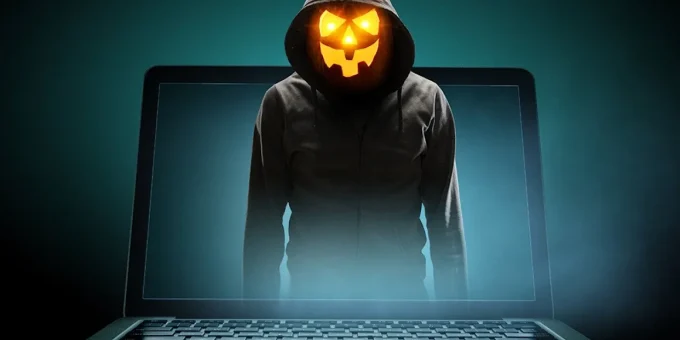NATIONWIDE — As Halloween approaches, consumers are being warned about a series of six common scams designed to trick people out of money, personal information, or access to their homes.
The warning, issued by QR Code Generator, focuses on threats ranging from malicious digital attacks to deceptive door-to-door schemes.
“Halloween should be a time of fun and excitement, but it’s important to remain vigilant against potential scams,” said Marc Porcar, CEO of QR Code Generator. “By understanding the common tactics used by scammers and staying informed, we can protect ourselves and our loved ones.”
Here are six Halloween-themed scams consumers should watch out for, along with how to avoid them.
Cybercriminals are increasingly using holiday themes to execute classic phishing and fraud tactics:
- Malicious QR Codes on Promotions: Scammers are placing fake QR codes—often stickers over legitimate ones—on Halloween posters, flyers, or even candy wrappers. Scanning these codes can lead to phishing sites or the download of malware.
- Tip: Look for signs of tampering. Avoid scanning codes from unknown sources and use a scanner that previews the URL before opening it.
- Fake Online Costume Sales: Fraudsters set up fake websites or social media ads offering heavily discounted costumes and accessories. These sites aim to steal your payment details or never deliver the goods.
- Tip: Shop with reputable retailers. Look for a secure website connection (the ‘https’ and padlock icon) and read online reviews to verify the seller’s authenticity.
- Phishing Emails with Halloween Themes: Emails disguised as holiday offers, event invites, or prize giveaways encourage recipients to click on malicious links.
- Tip: Look for red flags like poor grammar, generic greetings, or urgent demands. Never click links or download attachments from unsolicited emails.
- Counterfeit Tickets for Events: Scammers sell fake tickets online or through unofficial vendors for popular Halloween events, with victims only discovering they are fake when they are denied entry.
- Tip: Purchase tickets directly from the event’s official website or authorized sellers. Be cautious of significant discounts from private sellers.
Scammers may also use the festive season to engage in face-to-face deceit:
- Fake Charity Collections: Individuals pose as charity collectors—either door-to-door or in public—claiming to raise funds for causes like disaster relief or children’s hospitals.
- Tip: Verify the charity’s legitimacy before donating. Please do not feel pressured to give on the spot; check their credentials online using official registries.
- Door-to-door Scams Masquerading as Trick-or-Treaters: Some individuals pose as trick-or-treaters to gain access to homes or to create a distraction while an accomplice commits a burglary. They may ask to use the restroom or claim to need help.
- Tip: Do not allow strangers into your home, keep doors locked, and trust your instincts if you feel uncomfortable.
By staying aware of these potential threats and taking preventative measures, consumers can ensure a safe and enjoyable Halloween.
https://www.wbiw.com/2025/10/17/six-spooky-scams-consumer-warning-issued-ahead-of-halloween/


